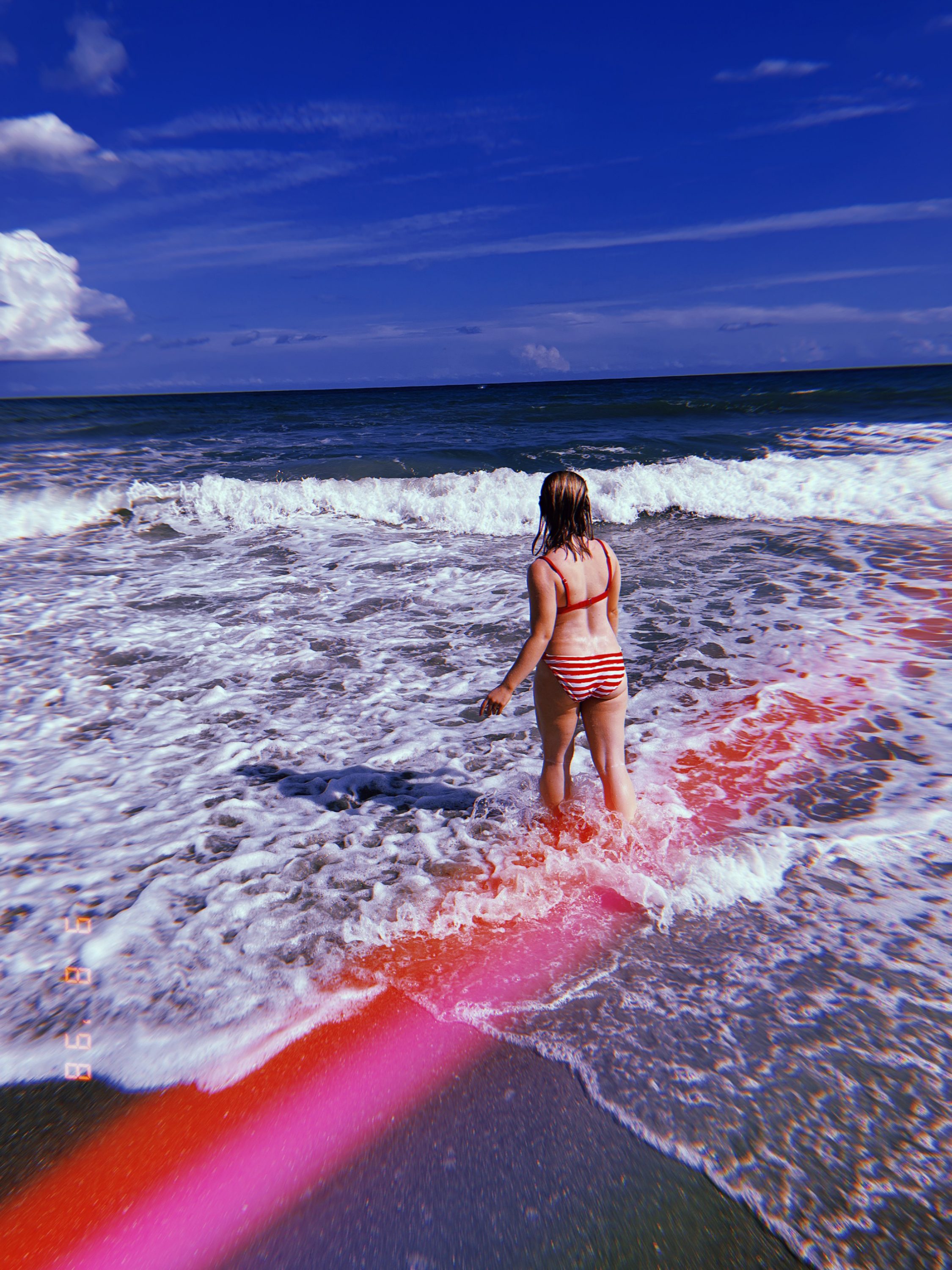
There are so many virtues that come with simple living, the intentional practice of a slowed down life. One specific virtue I’m going to talk about today that is a result of simple living is abundance.
First of all, let’s talk about the definition of abundance:
- A very large quantity of something: “the tropical island boasts an abundance of wildlife.”
- The state or condition of having copious quantities of something; plentifulness: “vines and figs grew in abundance.”
- Plentifulness of the good things of life; prosperity: “the growth of industry promised wealth and abundance.”
At first glance, living abundantly and living simply seem like polar opposites. Having large or copious quantities of things doesn’t sound simple at all. But here’s the thing: living abundantly and living with excess are two very different things. Abundance is plentifulness of the good things of life. Excess is unnecessary clutter that blinds you from the good things of life.
I want to encourage you to make a passions list. Think about what lights you up from within. It CAN be material things, or it might be something different. But go with your intuition as your guide here, and don’t judge yourself for what you list. Here is my list:
- Travel
- Love
- Free time
- Financial freedom
- Nature
Some other things that light me up are health, movement, art, meaningful relationships, beauty, amazing food, my dog, joyful and meaningful projects and collaborations, exercise… wow! There are just too many things to list. If you find yourself in the same spot, that’s a good thing! It means you know what you desire… and knowing your desires is the first step to receiving them.
After you’ve identified your passions list, it’s time to put the blinders on. Say yes to things that will bring you closer and leave the rest.
The number one thing on my list is travel. The ability to travel ties into free time because you need time to travel. Financial freedom is tied in because travel requires an investment. Nature is a component because location matters, and so on. You’ll find that your desires are usually interconnected.
If my desire is to travel, first of all I need to figure out how to get there via process of elimination. I’m not going to put much energy or money into decorating my home (literally all my furniture and decorations have been given to me or are things I’ve made.) Also, why go to restaurants when I could save those funds for my next trip? While I’m at it, I can create an at-home beauty routine. I can do my nails from home for free, rather than going to the salon. And forget drinking, because it’s costly and gives you brain fog and inability to plan.
I cut the garbage out of my life so I can receive abundance through my desires. I focus on my goals, and they can’t help but come to me, because my mind is clear from living simply.
If you make a passions list and go through it focusing on one thing at a time, you’ll find ways to make your passions more accessible. You also might find things you’re doing (or believing) that are causing your passions to be further away.
Abundance through living simply has a deeper layer to it. If living simply means you’re focused on your desires and say no to the garbage, you’re doing so because you trust that you’ll always have what you need. You embody an abundance mindset rather than that lack mindset.
When you trust that you’ll always have your needs met (and then some,) you don’t fall prey to overspending. Overspending comes from a sense of urgency because the core belief is that money is always going to leave or run out, so they need to spend it RIGHT NOW. The person overspending might not necessarily have this running through their mind consciously, but it’s in their psyche.
When you truly feel abundant, you don’t feel tempted to overspend because you know that money and resources are limitless. You can take your time and enjoy.
Collecting things that give you a temporary dopamine boost but don’t really fulfill you only clouds your judgment and takes you further from your passions. For example, if I constantly collected things to fill the house that don’t add to the big picture, I wouldn’t have as many resources to travel. Or I might need to spend so much time cleaning, that I won’t have time to spend time with the people who matter to me.
You’ll know if you’re spending your energy and resources in the wrong area because it might make you feel good for a moment, but it wears off quickly. After that, you might feel a sense of guilt. It also might make you feel cheap.
On the opposite hand, you’ll know you’re investing resources into the right areas because it will be a big YES. You will feel open, expansive, juicy, lush.